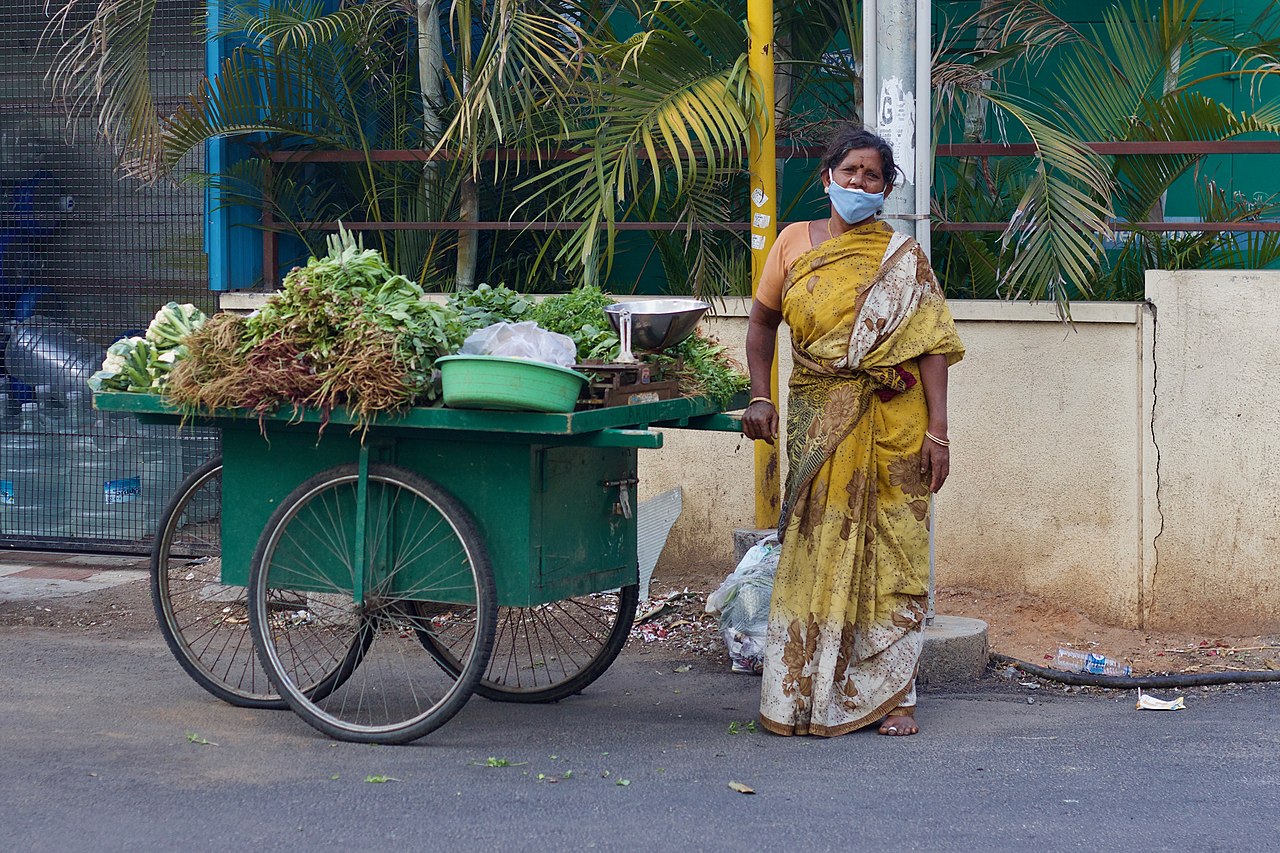
Webinar: Impact of Pandemic Lockdown on Livelihood, Food Security, and Hygiene Practices in Jharkhand
Webinar: Impact of Pandemic Lockdown on Livelihood, Food Security, and Hygiene Practices in Jharkhand
Speakers: Rai Mahimapat Ray, Diksha Bijlani
Jharkhand has recorded 2426 cases and 15 coronavirus-related deaths as of July 1, 2020. The pandemic lockdown instituted in India on March 24th, 2020 is entering its second round of phased reopening called Unlock 2.0, with states given leeway to ease restrictions. For a resilient phasing out, Jharkhand must consider the impact of the lockdown on livelihood, food security, and hygiene practices in the state. Post-lockdown survey conducted in Jharkhand by ISEP and Morsel India shows that a majority of the respondents lost their job or encountered reduced working hours, and over 40% of the respondents had to borrow money to survive, and prevalent hygiene practices were inadequate to reduce the risk of infection. This webinar discusses: 1) Ranchi being the capital of Jharkhand, what are the current efforts by the Ranchi District Administrations and by the Government of Jharkhand to control the spread of the infection and to alleviate the impact of the pandemic lockdown. 2) The way forward for Government and private organizations to ensure a support system for those impacted by the lockdown particularly considering the huge influx of migrant labor in Jharkhand.
To attend the Webinar, register here.
Keynote Speakers:

Rai Mahimapat Ray is an Indian Administrative Service Officer of the 2011 Batch, presently posted at Ranchi, capital of Jharkhand, as a Deputy Commissioner, District Magistrate & Collector. Rai has successfully administered three districts with Ranchi being his third. He has served in various positions like Managing Director of Bokaro Industrial Area Development Authority, CEO Zila Parishad, Staff Officer of the Chief Secretary’s Office. He was also selected for the prestigious CRISP fellowship in 2015 funded by UK Foreign and Commonwealth Office. He has been awarded twice for his stellar performance in Swaccha Bharat Abhiyan and once by the Election Commission of India for his pioneering role in supervising elections. He has also been felicitated by the Prime Minister for his leadership in catalyzing India’s shift towards Digital Transactions. He also has a background in International Relations and History.

Diksha Bijlani is a graduate in Public Policy from Harvard Kennedy School, with a focus on clean energy and health policy. Her work uses behavioral science to augment program delivery, and design interventions for increasing community adoption. Diksha’s past work has been with World Bank’s Mind, Behavior and Development Unit, where she worked on increasing adoption of solar lighting in Ethiopia and increasing maternal health outcomes in India and Bangladesh. She currently works in local stakeholder engagement at World Bank’s Climate Investment Funds.
- 00
Days
- :
- 00
Hours
- :
- 00
Minutes
- :
- 00
Seconds
